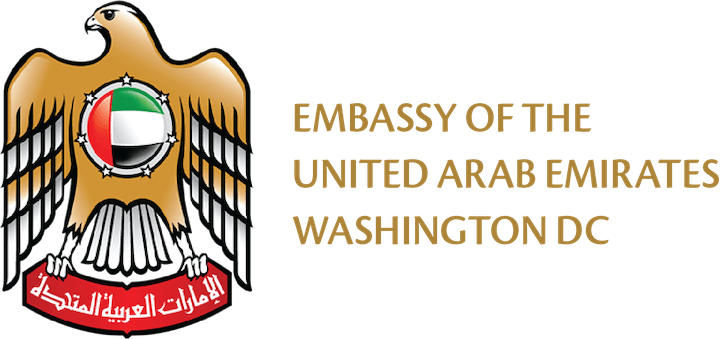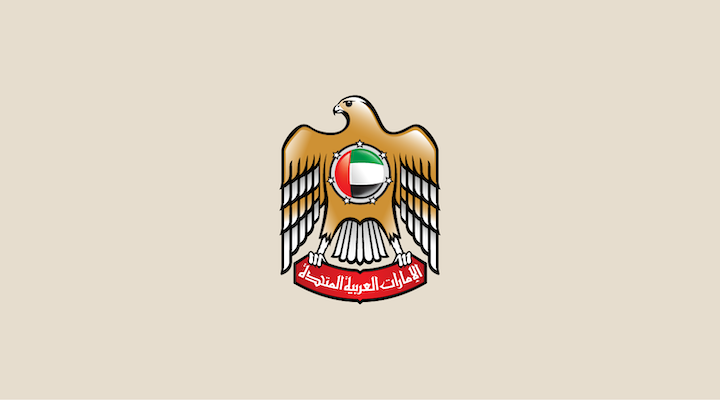
By Hessa Al Shuwaihi, Head of Communications and Public Diplomacy
No one told us that balancing motherhood and a demanding career would be easy – but being a working mom during a global pandemic takes it to another level. Amid the elevated challenges brought about by COVID-19, the United Arab Emirates has made it a priority to ensure pandemic assistance goes to mothers and families who need it.
Women in the UAE make up more than 50% of the workforce and are a crucial part of social and economic growth. Recognizing this early on in the pandemic, the UAE implemented work-from-home policies for pregnant women and mothers with young children, and supported the launch of the ReacHer service from Al Manal Humanitarian Initiative to provide mental health support to women in crisis or struggling with anxiety and stress.
This type of support is why the UN High Commissioner for Human Rights listed the UAE as a country with policies in place to protect women and girls amid COVID-19.
I saw the complexities of the challenges brought on by the pandemic first-hand as I helped mothers care for their kids and return home safely on repatriation flights organized by the Embassy at the onset of the pandemic.
I was among those who returned to the UAE because of my pregnancy, continuing my work from home and navigating an eight-hour time difference from my colleagues in DC. Though I was thankful to be home with my family as I welcomed my second daughter in October, I felt it was important to my career that I return to the United States to continue serving the UAE Embassy in Washington, DC.
My duties often require in-person meetings or briefings, requiring that I secure childcare for my two young daughters. Like many parents, I was concerned about the health safety of my kids attending daycare, but ultimately decided my two-year-old needed the socialization.
Many women around the world, including in the US, are grappling with similar decision points, causing a significant increase in working mothers leaving the workforce during an already difficult time. A supportive workplace is important and thanks to my Embassy colleagues, the transition back to a job I love went smoother than I could have imagined.
Women are at the front lines of the COVID-19 crisis. And while the pandemic has highlighted the importance of their contributions, new barriers to women’s full participation and leadership have emerged. Women around the world joined together on International Women’s Day this year to advocate that their perspectives are integrated into pandemic recovery to ensure future generations aren’t set back by progress lost.
This also reflects this year’s theme for the UN’s Commission on the Status of Women, which is to promote “Women's full and effective participation and decision-making in public life, as well as the elimination of violence, for achieving gender equality and the empowerment of all women and girls.”
I am proud to be part of an Emirati diplomatic corps in which women are proven leaders. Nearly half of the employees at the UAE Ministry of Foreign Affairs and International Co-operation are women, including 9 currently serving as ambassadors. In fact, it was Her Excellency Reem Al Hashimi, Minister of State for International Cooperation, who inspired my career in diplomacy.
Whether in diplomacy or any other sector, women have the resiliency and the power to handle competing priorities and navigate the most pressing of challenges. COVID-19 has put this into sharp relief, while also underscoring that when we empower women, our societies are better for it.





